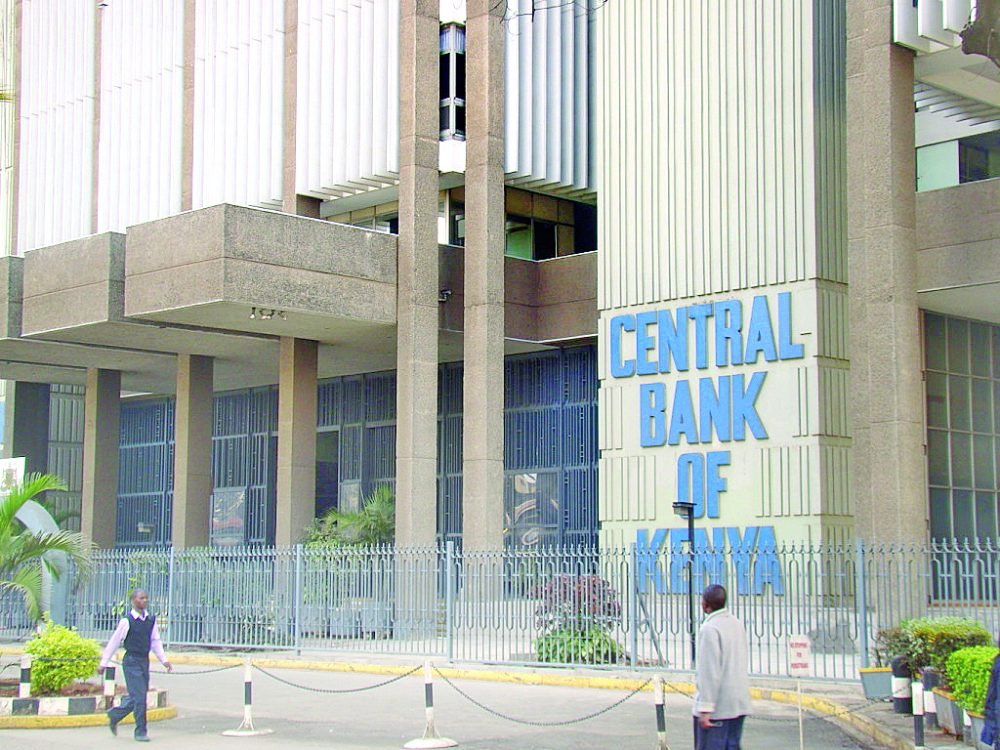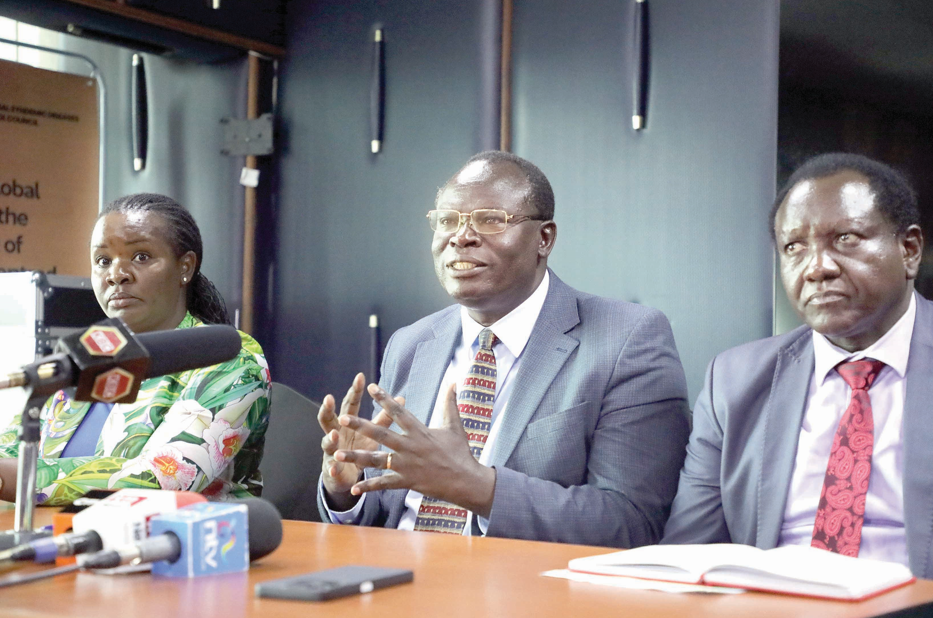The recent reduction in interest rates by Equity Bank is a welcome move, albeit long overdue.
While the Central Bank of Kenya (CBK) has taken steps to lower the Central Bank Rate (CBR) – from 12.75 per cent to 12.0 per cent – banks have been slow to implement the changes, raising concerns about their commitment to supporting economic growth.
The delay in implementing lower interest rates has significant implications for the economy. Borrowing is a crucial driver of economic activity, enabling businesses to expand, create jobs, and stimulate growth.
When banks maintain high interest rates, it becomes more expensive for individuals and businesses to borrow, hindering economic development and exacerbating financial burdens.
That is why super profits reported recently by banks highlight a troubling trend. While it’s understandable for businesses to strive for profitability, it’s essential that they do so ethically and responsibly.
By delaying the implementation of lower interest rates, banks are prioritising their own financial gains over the well-being of their customers and the broader economy.
The CBK must therefore take decisive action to address this issue. Imposing significant fines on banks that fail to comply with regulatory directives is essential to reassert its authority and deter future misconduct. This would send a strong message that such behaviour will not be tolerated and encourage banks to prioritise the interests of their customers.
It’s important to note that Kenya’s economy is not solely about corporate profits. It’s about the livelihoods of ordinary people, the growth of small businesses, and the overall well-being of society.
By hindering access to affordable credit, banks are undermining the very foundations of economic prosperity, and it is not far from being termed economic sabotage.
While CBK’s recent decision to cut the CBR reflects a positive outlook for the economy, the full benefits can only be realised if banks promptly implement lower interest rates. That is the only way more money can trickle down to the people and industry for economic growth. By doing so, they can contribute to a more inclusive and sustainable economic recovery, and help the country steer off the cliff.

















